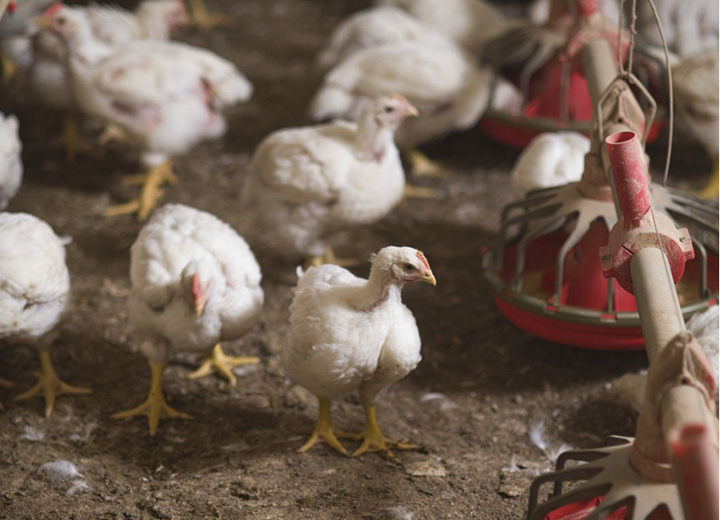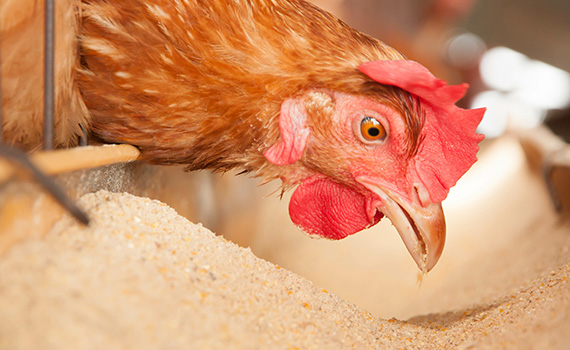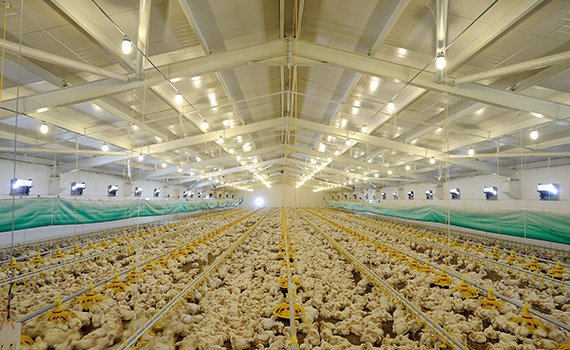AAAP-AVMA antimicrobial guidelines stress good management, judicious use

Recent guidelines from the American Association of Avian Pathologists and the American Veterinary Medical Association outline the judicious therapeutic use of antimicrobials while focusing on the health and wellness of poultry.
The goal of these directives is to optimize antimicrobial efficacy while minimizing resistance through sound production practices.
With a focus on preventive practices and informed decisions, the guidelines offer several management steps for veterinarians and poultry producers in regard to antimicrobial use. The guidelines encourage:
- Managing the environment to create healthy living conditions
- Maintaining strict biosecurity between houses
- Testing to identify disease-causing organisms before beginning treatment
- Following label instruction for antimicrobial use with extra-label use as a final treatment option
- Limiting the use of critically important antimicrobials (cephalosporins, flouroquinolones, macrolides and trimethoprim-sulfamethoxazole) to a last-resort scenario
When antimicrobials are needed on a farm, mortality and morbidity rates should be evaluated to determine the most effective treatment program. According to the AAAP-AVMA guidelines:
- Treatment should be limited to the least number of birds possible.
- Narrow-spectrum antimicrobial treatment is recommended whenever possible to avoid overuse of broad-spectrum antimicrobials.
- FDA-approved antimicrobials may be used in feed by veterinarians following approved label use guidelines and withdrawal times.
- Use of medically important antimicrobial drugs in food-producing animals should be limited to uses considered necessary for assuring animal health.
- Medically important antimicrobial drugs in food-producing animals should include veterinary oversight or consultation.
- Extra-label drug use of in-feed antimicrobials is not permitted.
Posted on December 15, 2014
 We’re glad you’re enjoying
We’re glad you’re enjoying









